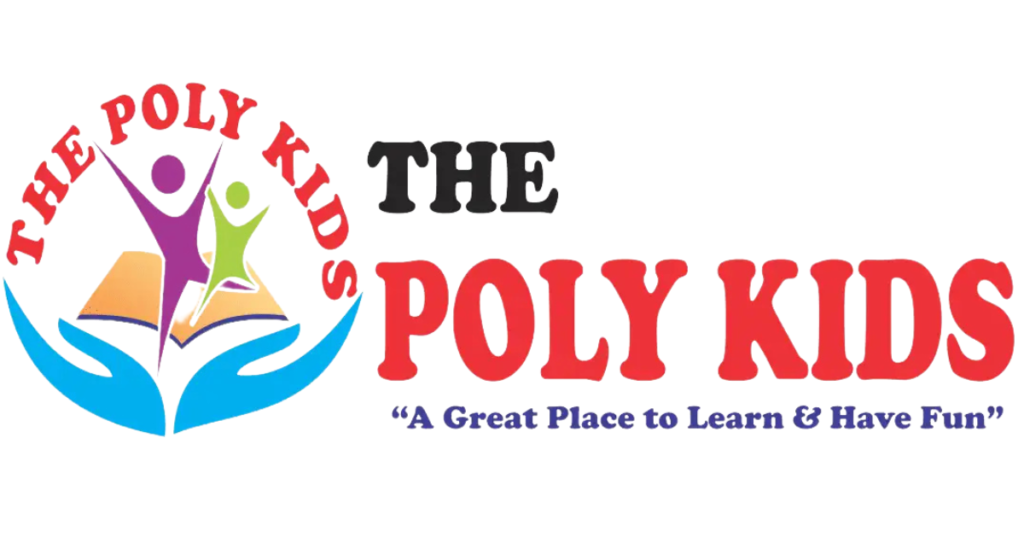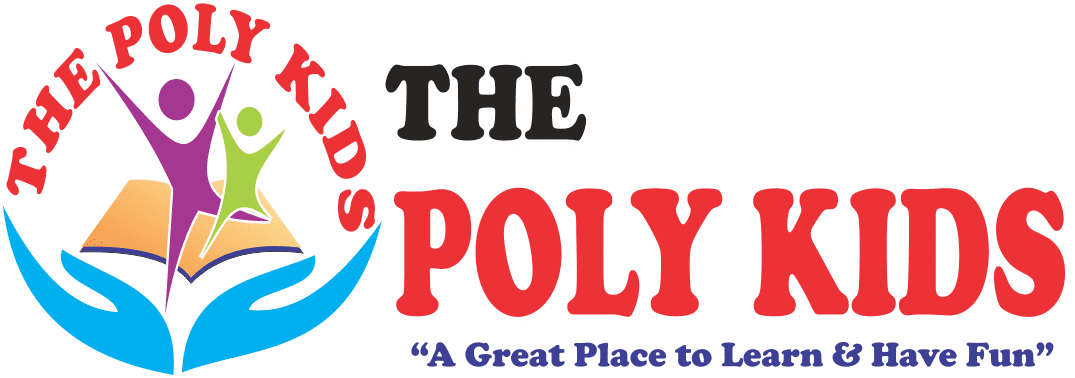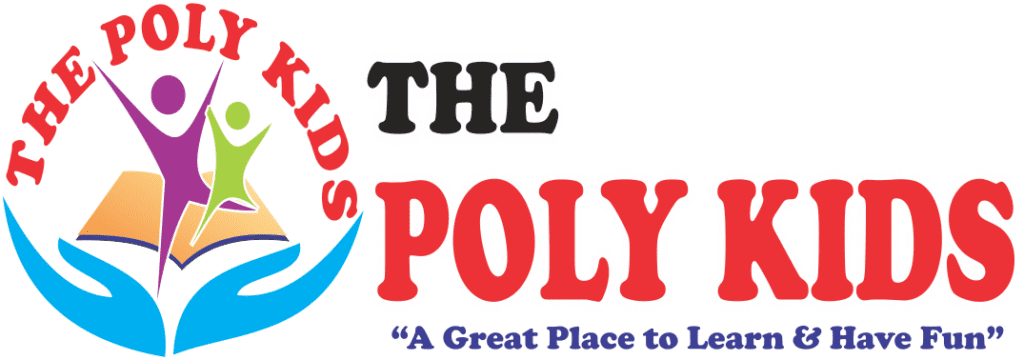How Play Schools for Kindergarten Build Readiness
At The Poly Kids, we often meet parents who ask how early childhood education impacts a child’s future. One of the most important steps is understanding the role of play schools for kindergarten. These schools act as the first structured environment outside the home, preparing children for the transition into formal education.
In this blog, we will explain in detail how play schools shape social, emotional, and academic readiness, and why this foundation is crucial for a smooth move into kindergarten.
1. Social Skills Development
A child’s first challenge outside the home is learning to connect with peers. Play schools for kindergarten provide the perfect setting for children to:
-
Share toys and resources
-
Take turns during activities
-
Build friendships through play
-
Learn respectful communication
These social interactions reduce anxiety and make children confident in group settings. At The Poly Kids, our nurturing environment ensures that every child feels valued, paving the way for strong relationships in kindergarten.
2. Early Academic Foundations
Parents often assume that play schools focus only on fun, but structured play introduces essential learning. At The Poly Kids, we design activities that show how play schools for kindergarten prepare children academically through:
-
Letter and sound recognition
-
Counting and identifying numbers
-
Understanding colors, shapes, and patterns
-
Listening and comprehension exercises
These simple yet engaging tasks make children comfortable with the type of learning they will encounter in kindergarten.
3. Emotional Readiness
Adjusting to a new environment is never easy for little ones. A key part of play schools for kindergarten is developing emotional stability. At The Poly Kids, our teachers:
-
Offer reassurance to reduce separation anxiety
-
Encourage children to express emotions safely
-
Guide them to resolve conflicts peacefully
-
Help them adapt to daily routines
By the time children graduate from play school, they are emotionally secure and more adaptable, making kindergarten a positive experience.
4. Discipline and Routines
One of the most important ways play schools for kindergarten prepare children is by introducing structure. Routines in play school include:
-
Morning greetings and circle time
-
Snack breaks at fixed times
-
Storytelling or activity rotations
-
Nap or quiet time
At The Poly Kids, children learn the importance of time, order, and responsibility. This balance of routine and freedom ensures they adjust easily to the structured nature of kindergarten.
5. Language and Communication Skills
Language development is central to learning. Play schools for kindergarten focus heavily on improving a child’s ability to communicate. At The Poly Kids, children participate in:
-
Storytelling sessions
-
Singing songs and rhymes
-
Group discussions during play
-
Vocabulary-building games
This exposure builds fluency, improves comprehension, and helps children speak with clarity—skills that are essential for kindergarten success.
6. Fostering Creativity and Curiosity
Curiosity is the spark that fuels lifelong learning. At The Poly Kids, we use creative activities to show how play schools for kindergarten inspire exploration:
-
Arts and crafts projects
-
Science-based experiments for little minds
-
Outdoor play and nature walks
-
Role-play and pretend games
By encouraging creativity, children develop imagination, problem-solving skills, and a love for discovery that prepares them for the more formal lessons in kindergarten.
7. Building Independence
Kindergarten requires children to manage small tasks on their own. Play schools for kindergarten encourage independence through activities like:
-
Packing their belongings after play
-
Washing hands before and after meals
-
Learning to put on shoes or jackets
-
Making small, confident choices
At The Poly Kids, these life skills are taught gently but consistently, making children self-reliant and ready for the demands of kindergarten.
8. Emotional Intelligence and Teamwork
Beyond academics, play schools for kindergarten instill empathy and teamwork. Children learn to celebrate each other’s successes, support friends when they struggle, and understand the importance of kindness. These lessons in emotional intelligence help children build strong bonds in kindergarten classrooms.
9. Parent-School Partnership
At The Poly Kids, we believe parents are partners in this journey. Another important aspect of play schools for kindergarten is guiding families on how to support their child’s growth at home. Through regular updates, parent-teacher meetings, and progress reports, we ensure parents are always involved in their child’s learning journey.
10. Creating a Love for Learning
Perhaps the most valuable role of play schools for kindergarten is instilling a joy for learning. When children associate school with fun, creativity, and warmth, they approach kindergarten with excitement instead of fear. At The Poly Kids, our playful methods ensure that curiosity remains alive in every child.
Conclusion
At The Poly Kids, we believe that the transition from play school to kindergarten should be seamless, enriching, and joyful. The many ways in which play schools for kindergarten nurture social skills, emotional strength, academic foundations, independence, and creativity ensure that children are not only prepared but eager for the next step in their educational journey.
Choosing the right play school is the first step toward a child’s bright future, and we are proud to be that foundation for so many young learners.


